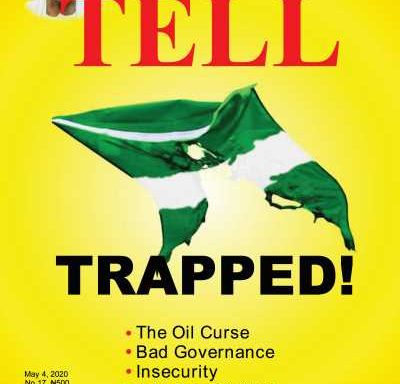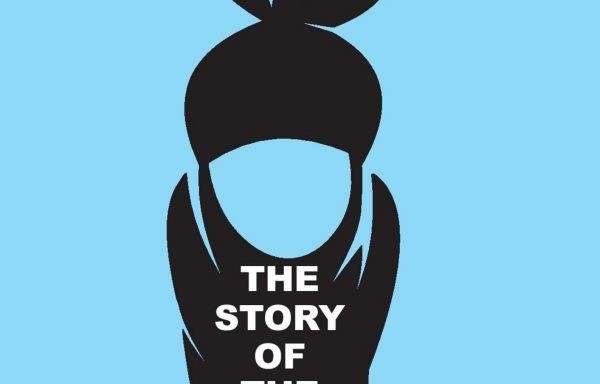The despoliation of the African continent did not start with the people from the most populous country in the world, China. It certainly did not just find expression in times as recent as the last millennium. Indeed, the exploitation to which Africa has regularly found itself is a tragedy, which is not modern just as it is largely self-inflicted.
Historians could flashback to the early centuries predating the advent of the Europeans and remind us about the domination of Africa by the Arabs. It was called the Trans-Saharan Trade. But, what seemingly started as a business interaction between two races showed its ugly, albeit true, face sometime in the 7th century AD, when the Trans Saharan Slave Trade took off. So, from exchange of goods, the exchange turned to sale of human beings.
And that was the beginning of the dilemma of the black man regarding his relationship with other races! Of course, the first impression usually lasts long and, in this sour case, it has lasted till date. Africa remains under one form of subjugation or the other and the chief reason for this is not the oppressor but rather the oppressed himself. And, records of efforts at resisting the exploitation of one race against another are quite scarce.
Its mission is clear; its destination is eternal bondage; yet, it seems unstoppable.
But if the Trans-Saharan Slave Trade didn’t record much in terms of what transpired during the ten centuries – or thereabout – that it lasted, the more vibrant, more vicious and more damaging Trans-Atlantic Slave Trade recorded a quantum number of blacks shipped, in quite deplorable conditions, from the West Coast of Africa to the Americas – the New World as they were known then.










 WhatsApp us
WhatsApp us